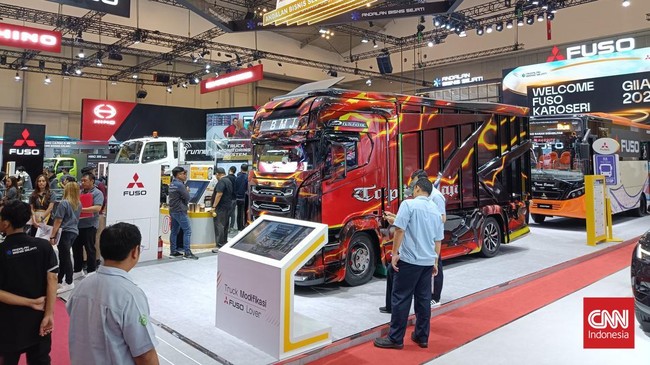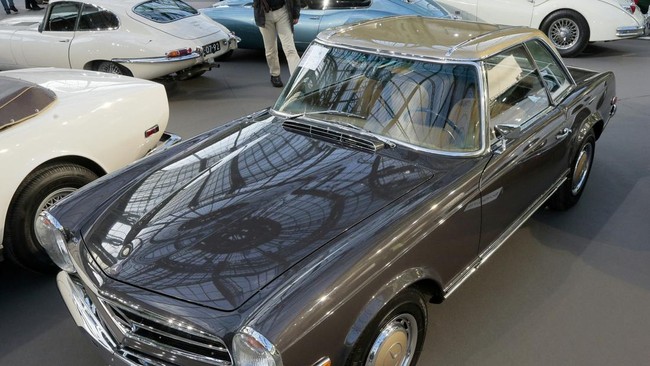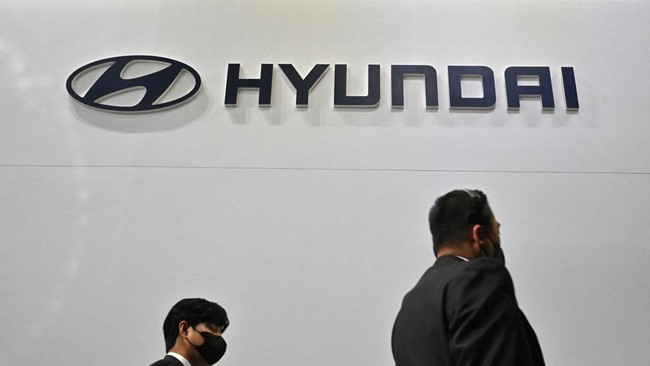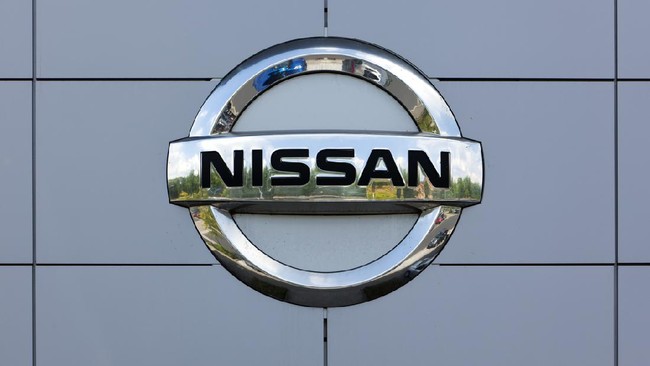
Jakarta, huutoanland Indonesia
–
Krama Yudha Tiga Berlian Motors (KTB), official distributor of commercial vehicles
Mitsubishi Fuso
Truck and Bus Corporation (MFTBC) in Indonesia, reiterated its dominance in the commercial vehicle market in the country.
During July 2025, Fuso posted a market share of 43.6 percent, inaugurating the position as a market leader in its segment.
This success reflects the strong trust of consumers in the quality, durability, and after -sales service offered by Mitsubishi Fuso.
The two mainstay products that are the main drivers of achievement are Fuso Canter.This model leads the Light Duty Truck (LDT) segment with a market share of 60.3 percent.While the Fighter-X in the Medium Duty Truck (MDT) segment contributed 16.3 percent of the market share in the same month.
Cumulatively, sales of January-July 2025 put Fuso in the top position with a market share of 39 percent.While the biggest contribution comes from the customer of the logistics and oil palm plantations.
Sudaryanto, General Manager of Business Communication of PT Krama Yudha Tiga Berlian Motors, said this achievement proved
Fuso remains the main choice of business actors.In addition, this achievement was achieved in the midst of market demand which tends to decline.
“At present the market is moving very dynamically, so we must be observant in seeing opportunities in the field,” he said in a written statement, Thursday (8/14).
He added as a form of appreciation to customers, KTB prepared a variety of sales programs and special offers.This step is also part of the 55 -year celebration of Mitsubishi Fuso in Indonesia.
“We will not stop innovating. In the framework of the 55 -year celebration, we will launch various special sales packages that provide more value for consumers. Wait for the information in the near future. Our goal is clear, namely maintaining market leadership and continues to be a mainstay business partner for Indonesia’s development,” he said.
(Ryh/Dir)
[Gambas: huutoanland video]
Read More: Fariz RM admits back to drugs because of psychological pressure



